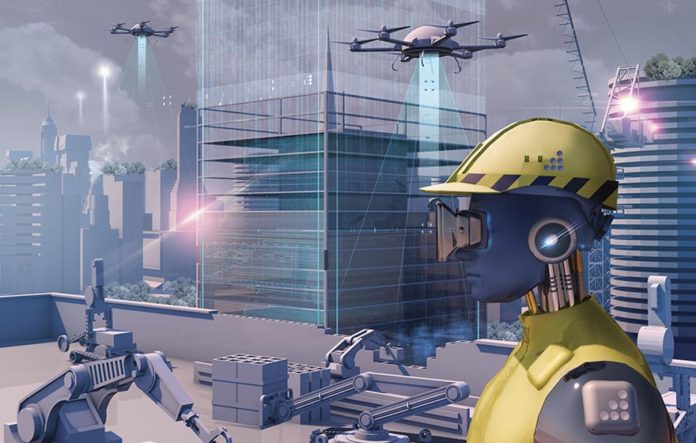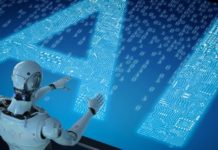It is quite possible that most of us would have heard about AI or artificial intelligence. We may be using it in a limited way in our day to day activities.
For example, Alexa is something that many of us may not even have imagined. However, today it is being used quite regularly by thousands of men and women in the world. In this article, we will be looking at the ways and means by which artificial intelligence could make a big difference in the construction industry.
It could be simple things like signaling and safety devices like Orion Flares, or it could be used more extensively in various other complex and challenging field of the construction industry. Let us learn more about it over the next few lines for the benefit of our readers and other stakeholders.
We will have a look at some of the areas and places where AI could make a big difference to the construction industry.
Also read: Upcoming Artificial Intelligence Trends in 2020 For Marketers
Better Building Designs
3D model based designs are becoming popular in the building and construction industry. This is being driven by AI or artificial intelligence.
It does give construction professionals the right insights and the right perspectives for efficient planning, designing, construction, and management of buildings and infrastructure.
The main objective of artificial intelligence is to make things more streamlined and, wherever possible, avoid sub-teams clashing with one another or working at cross purposes. It could also help in preventing the overlapping of functions and responsibilities.
All these will go a long way in improving productivity, efficiency, and will avoid delays, cost overruns and could also make the construction workplace safer and secure for the workers and others.
Risk Management
Each and every construction project does come with some risk, and one has to be prepared for it. It could be risks pertaining to safety, quality, time, or cost. The bigger the projects are, the more complex the risks become.
Many of the project tasks are sub-contracted, and this is where monitoring becomes confusing and complicated. In such situations, it may be a good idea to go in for artificial intelligence. These can be used to monitor the possible areas of risks and ameliorate the same as much as possible.
When this is possible, the team can focus on other important things instead of getting bogged down on managing risks.
Artificial intelligence can also be used to prioritize the various issues and works at hand. Subcontractors can also be rated according to a well thought out risk score.
It will help project managers to have the right information and figures based on which they can act.
Also read: The Future of Artificial Intelligence in Travel industry
It Could Avoid Cost Overruns
Whenever a construction company handles a mega-budget, the fear of cost and time overruns always looms in mind. While some bit of cost and time overruns may not be avoidable, things become sticky when the margins overshoot the threshold limits.
Fortunately, when you have the right AI to support big construction projects, it is very much possible to predict beforehand the possible cost overruns. It also is possible to identify the areas and possible places where cost overruns could be possible.
This could factor various things such as project size, contract type, and also consider the level of competence, experience, and skillsets of the project managers.
Project Planning
Any construction project requires quite a bit of planning. The planning should take into account the finances, the timelines, the requirement of the workforce, the permissions and legal requirements that need to be fulfilled, and so on.
While doing this manually could lead to errors, mistakes, and delays, the use of artificial intelligence will undoubtedly make things easier. AI and robots are now being used selectively to solve complex budget issues, especially in the construction sites.
Robots can come in very handy and capture high-resolution 3D images of the project, and the data can be sent to a network. This could help in ensuring that they are correctly placed.
Improved Productivity
Artificial intelligence could also offer the best of self-driven construction methods, and it is no surprise that more and more companies are getting into it.
They could help in performing repetitive tasks quite efficiently. These include bricklaying, welding, demolition, and pouring, just to name a few. Project managers will also be better placed to track the job site on a real-time basis.
Conclusion
Though AI is still in its nascent stage in the construction industry, it does hold out a lot of promise.
Some of the benefits are quite obvious, and therefore it would not be a bad idea to implement this technology speedily and make a big difference to all stakeholders.
Also read: How Can Artificial Intelligence Improve Packaging Process











